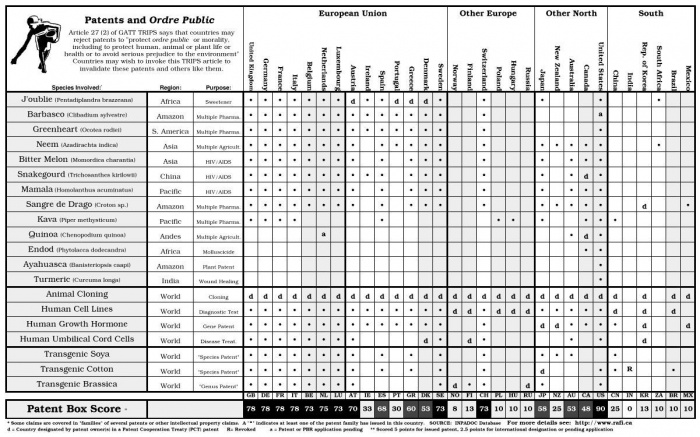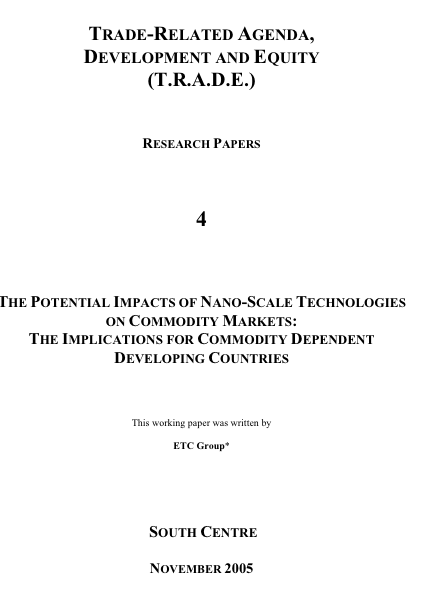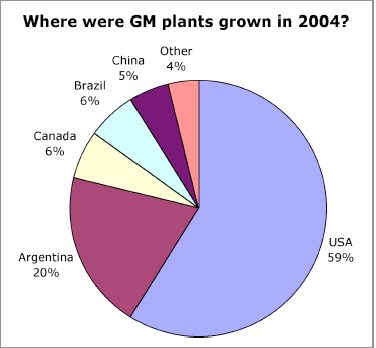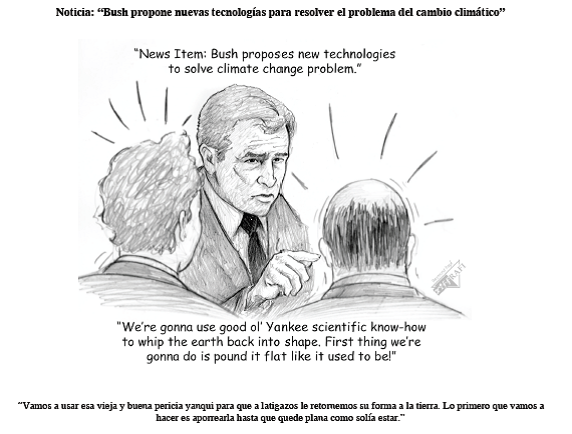Seeding makes readers aware of what has changed - scientifically, politically and environmentally - since the publication in 1994 of Patents for Life, a book that has made its mark.
Volume I offers policymakers a clear description of the facts, the fights and discussions concerning the ownership, conservation and exchange of genetic resources. It will teach readers new to these issues for the first time why germplasm is important and why it is the subject of intense trade negotiations. The reader will better understand issues related to intellectual property and security at national and international.
Volume II will deal with the legal mechanisms: 1) to conserve and exchange germplasm for current and future generations, 2) to encourage innovation in the field of conservation and germplasm enhancement, 3) for find solutions to the rights and interests of indigenous and rural populations that create and maintain biological diversity.
AUTHOR
Crucible Group includes the following:
Civil society organizations (including Aboriginal groups): Alejandro Argumedo, Margarita Florez, Glen Hearns, Dan Leskien, Atencio Lopez, Andrew Mushita, Gurdhial Singh Nijar, Rene Salazar, Priscilla Settee, Hope Shand
Private sector and industry: Don Duvik, Klaus Leisinger, Brian Lowry, Radha Ranganathan, PV Subba Rao, Tim Roberts, Reinhard Von Broock
Public Sector: Tewolde Gebre Egziabher Behran, Engsiang Lim, Geoffrey Hawtin, Mita Manek, Nora Olembo, Tuan Vo Xuan, Nuno Pires de Carvalho, Gesa Horstkotte-Wesseler, Louise Sperling
University: Assiah Bensalah Alaoui, Carlos Correa, Michael Flitner, Cary Fowler, Jaap Hardon, Francisco Martinez-Gomez, Michael Pimbert
Management Committee: Susan Bragdon, Chusa Gines, Christine Grieder, Michael Halewood (coordinator), Pat Mooney, Olle Nordberg, Vicky Tauli-Corpuz, Carl-Gustav Thornstrom, Beate Weiskopf, Joachim Voss (President)







